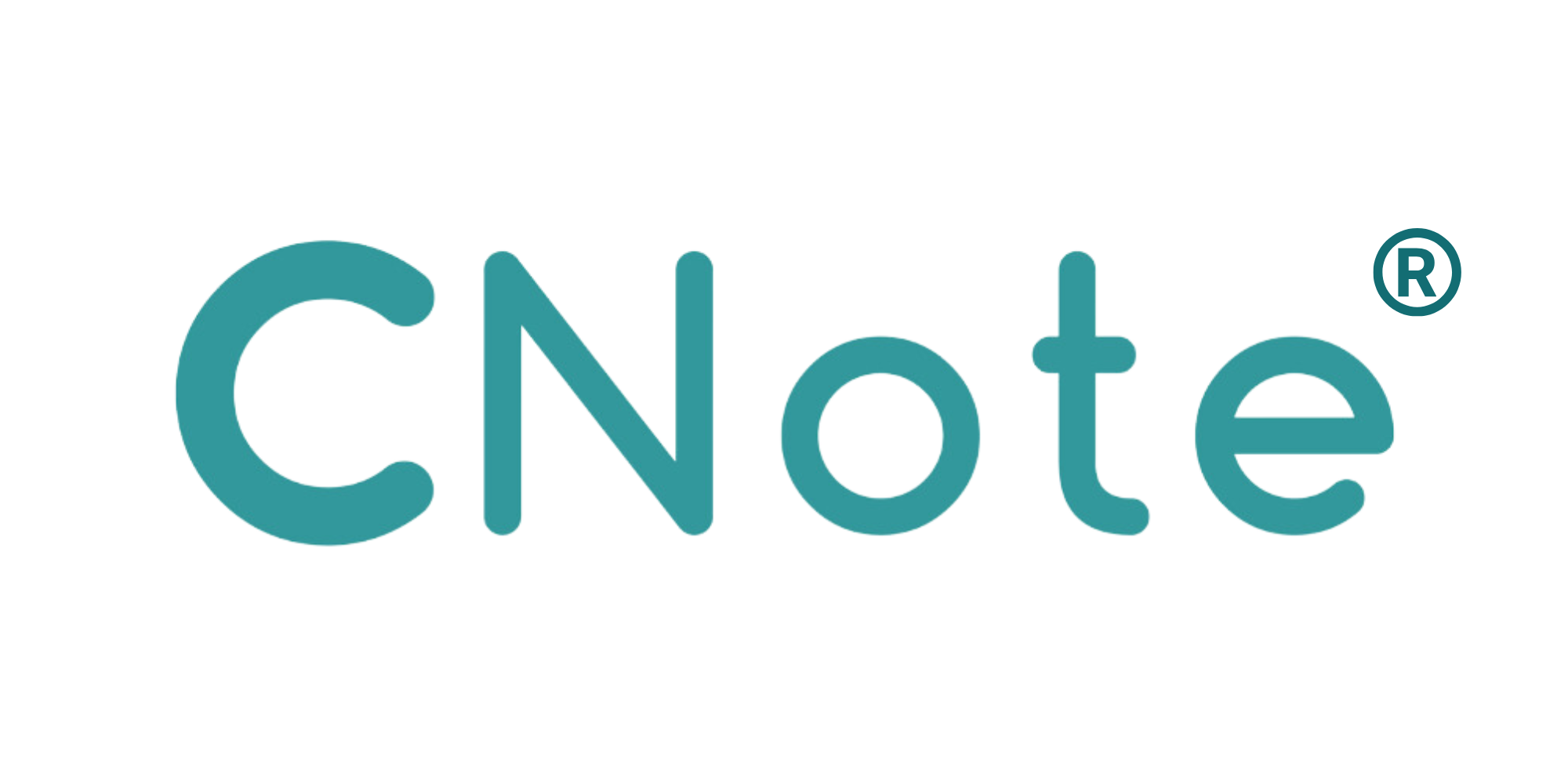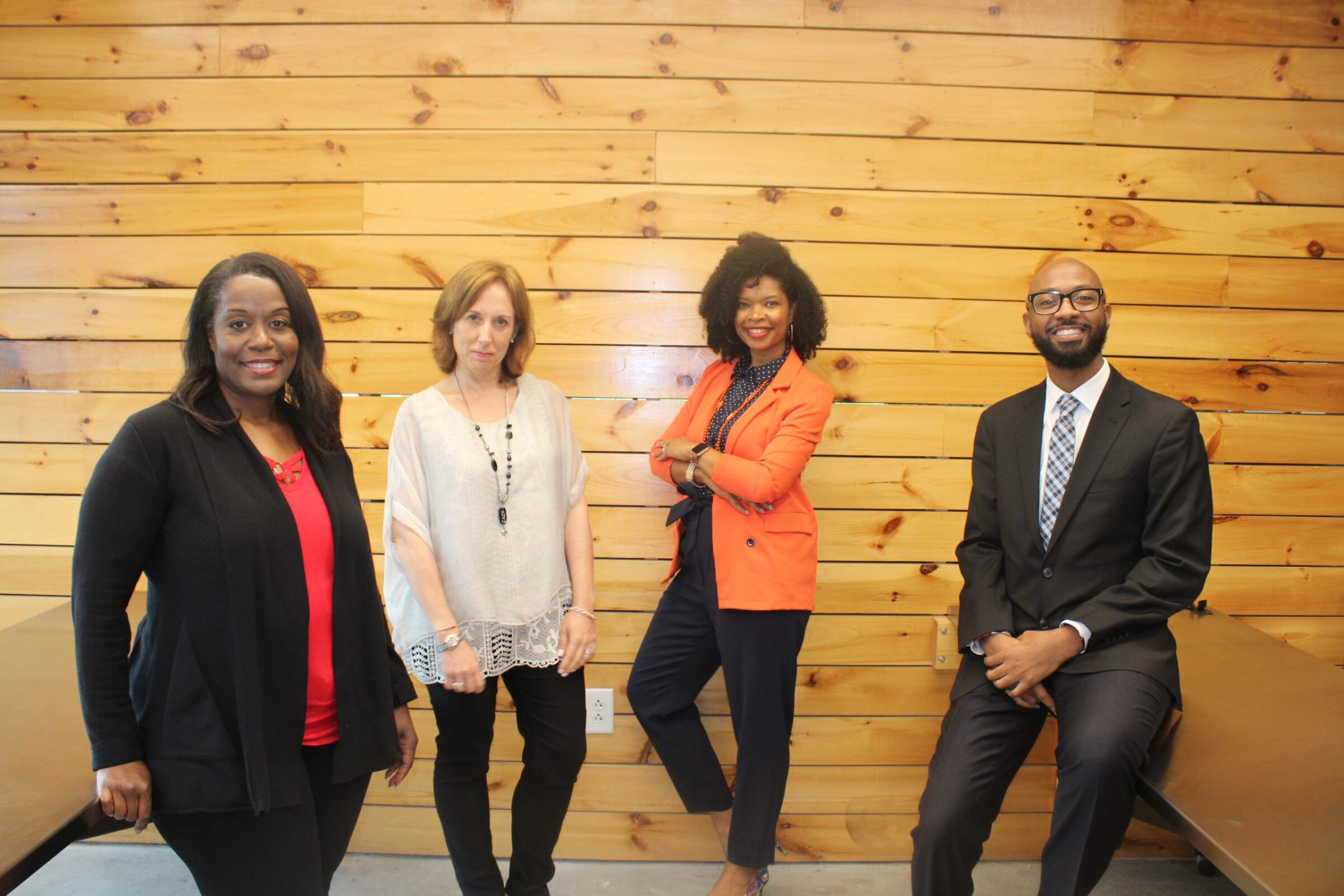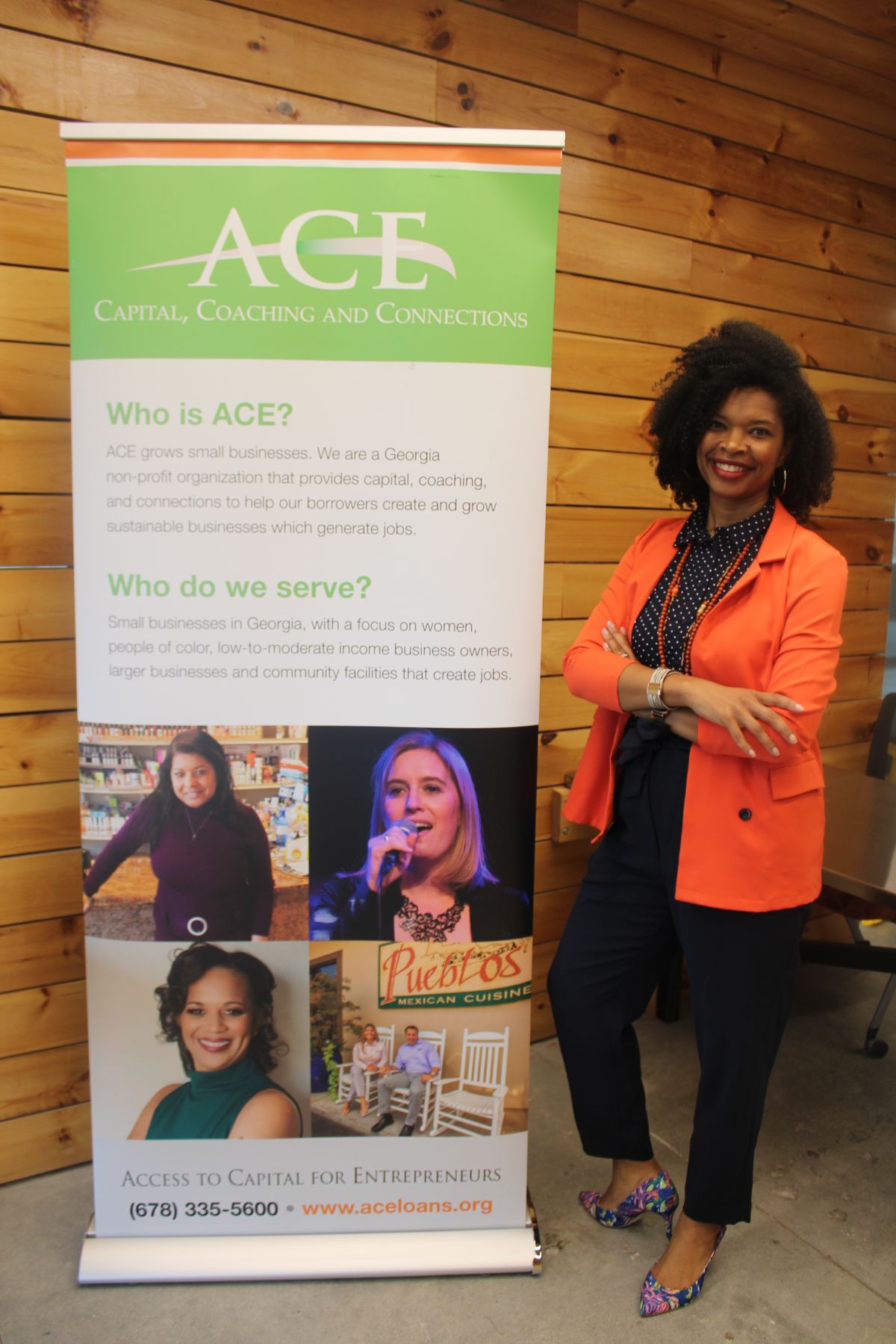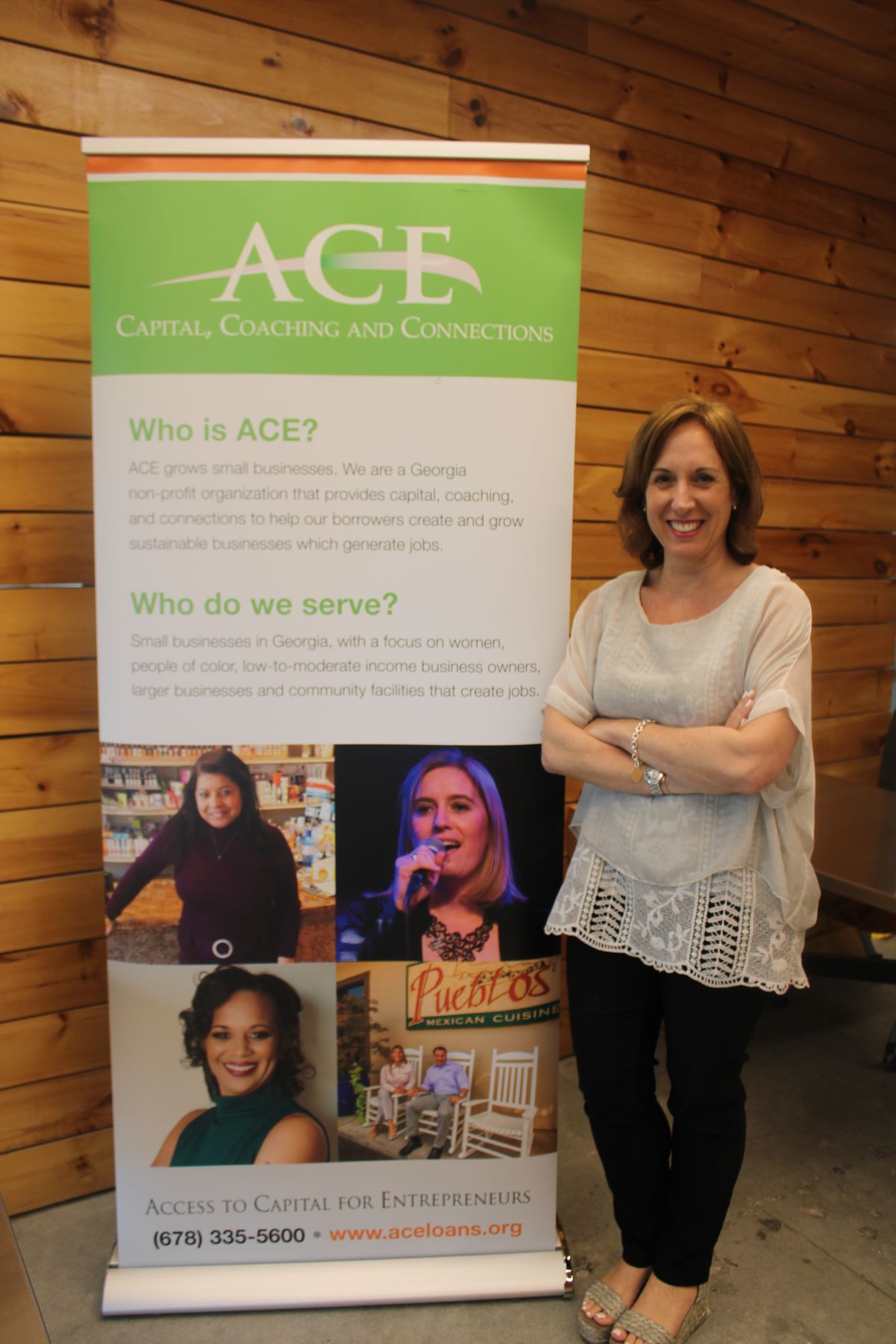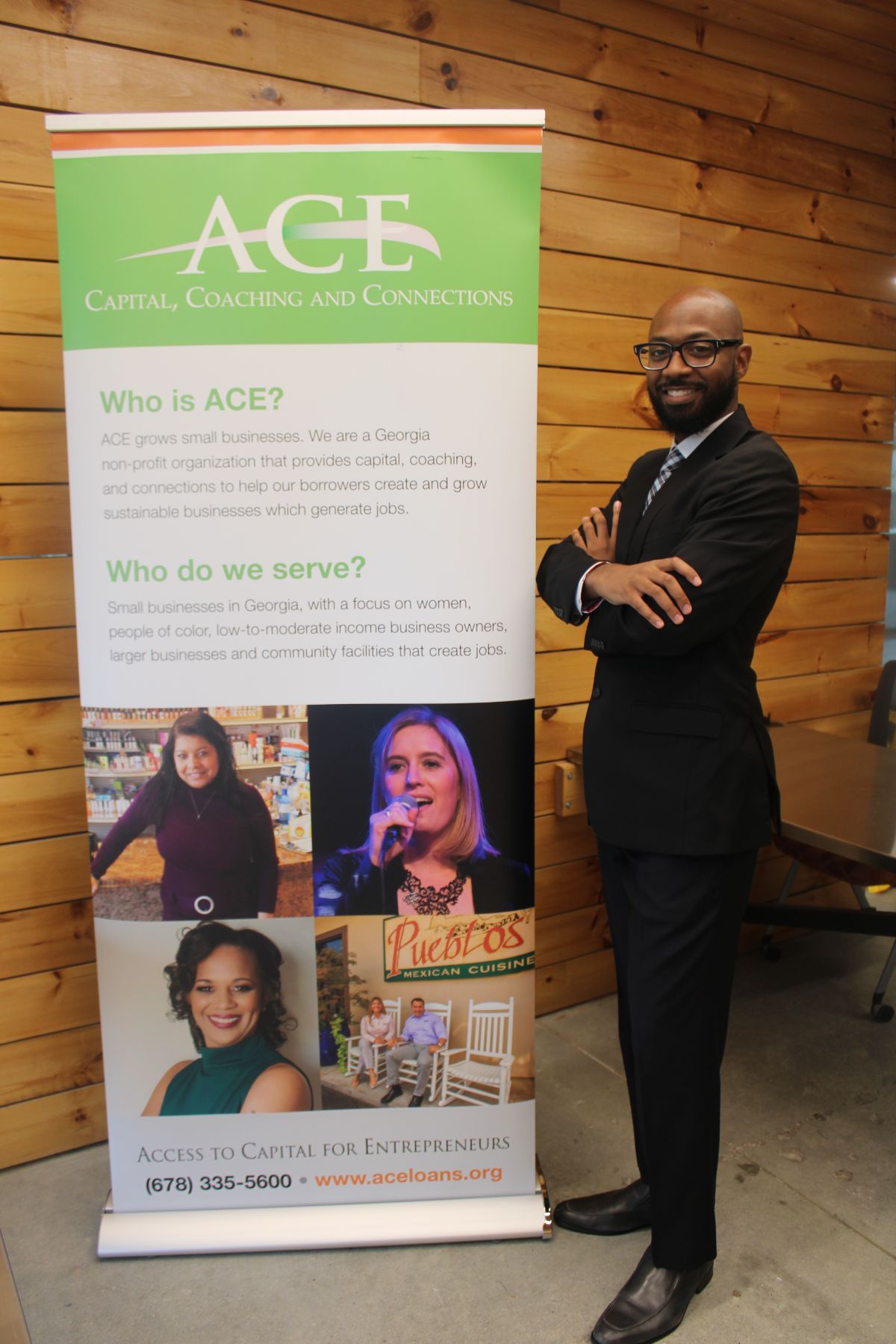Martina Edwards knows what it’s like to be given an opportunity to break down barriers. Thanks to a nonprofit that helps place high-achieving graduates of color in Wall Street firms, Martina started her career in 2001 and became Merrill Lynch’s first Black female broker on the floor of The New York Stock Exchange in 2004. She spent the next 10 years working on and off Wall Street, including time running the alternative investments program for the same organization that helped her land her job at Merrill Lynch. According to Martina, that’s when she truly began to understand the importance of capital, particularly in terms of creating generational wealth and economic growth.
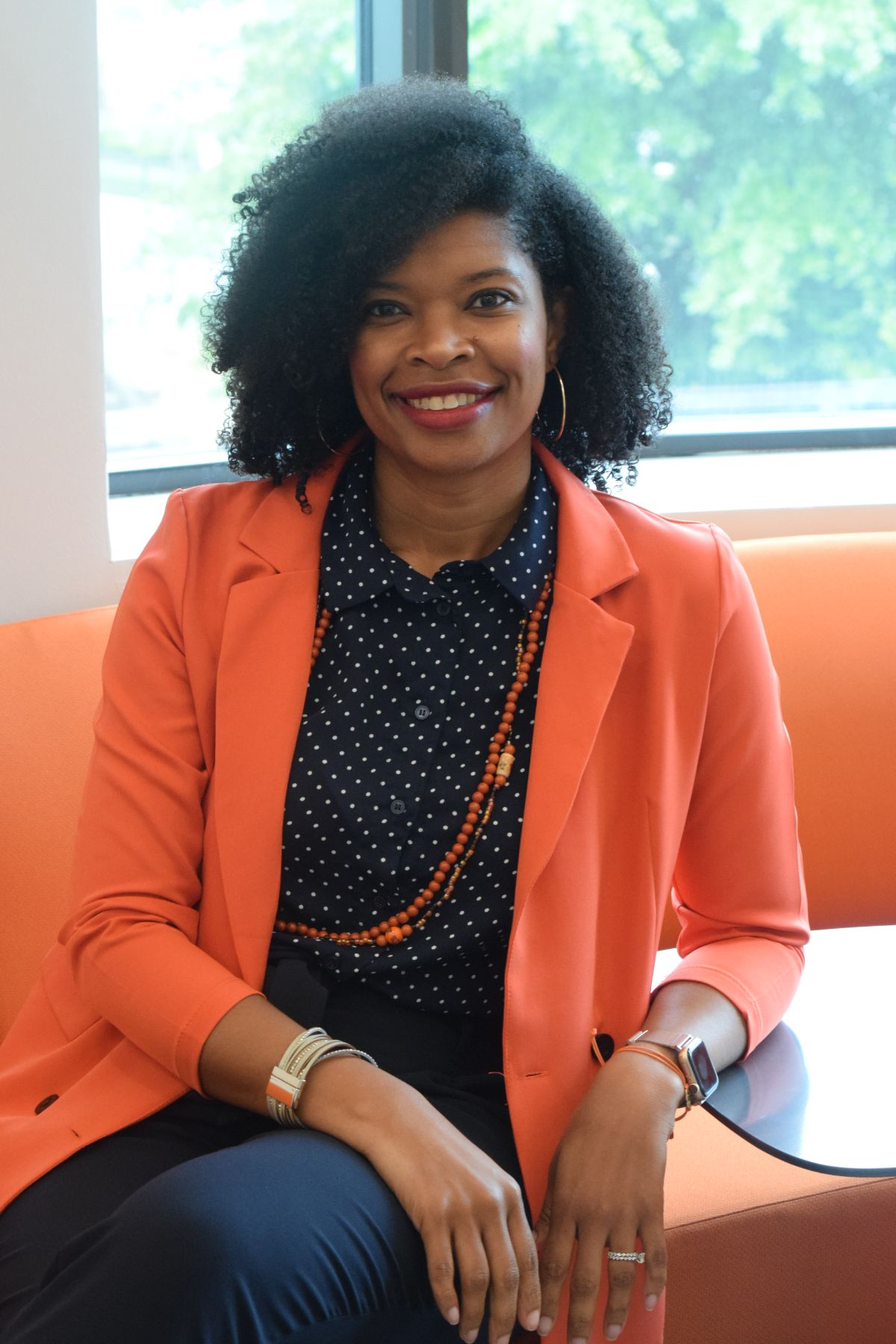 Eventually, Martina returned to her southern roots and moved to Atlanta, where she started to reflect on what she wanted to do long term with her career. She knew she wanted to be on the forefront of working with minority women in business enterprises, but she didn’t know exactly what that might look like. That’s when Martina found herself listening to a panel discussion featuring Grace Fricks, the founder and CEO of Access to Capital for Entrepreneurs (ACE), a Community Development Financial Institutions (CDFI). Grace started ACE in 1997 in rural northern Georgia with an initial grant of $50,000 to support small business owners across the state. Like many financial services professionals, Martina wasn’t aware of CDFIs when she worked on Wall Street; however, as she learned more about ACE’s impact, especially with women business owners, she knew she wanted to get involved.
Eventually, Martina returned to her southern roots and moved to Atlanta, where she started to reflect on what she wanted to do long term with her career. She knew she wanted to be on the forefront of working with minority women in business enterprises, but she didn’t know exactly what that might look like. That’s when Martina found herself listening to a panel discussion featuring Grace Fricks, the founder and CEO of Access to Capital for Entrepreneurs (ACE), a Community Development Financial Institutions (CDFI). Grace started ACE in 1997 in rural northern Georgia with an initial grant of $50,000 to support small business owners across the state. Like many financial services professionals, Martina wasn’t aware of CDFIs when she worked on Wall Street; however, as she learned more about ACE’s impact, especially with women business owners, she knew she wanted to get involved.
Twelve months later, Martina joined ACE’s team as the CDFI’s chief of strategic partnerships. For the past three years, Martina’s main focus has been fundraising so that ACE can create more access to capital for small business owners. “We give folks a chance when others can’t or won’t,” said Martina. “But it’s not just helping one small business owner. When we create financial security for a business owner, that creates more financial security for their employees, and that allows their households to thrive.”
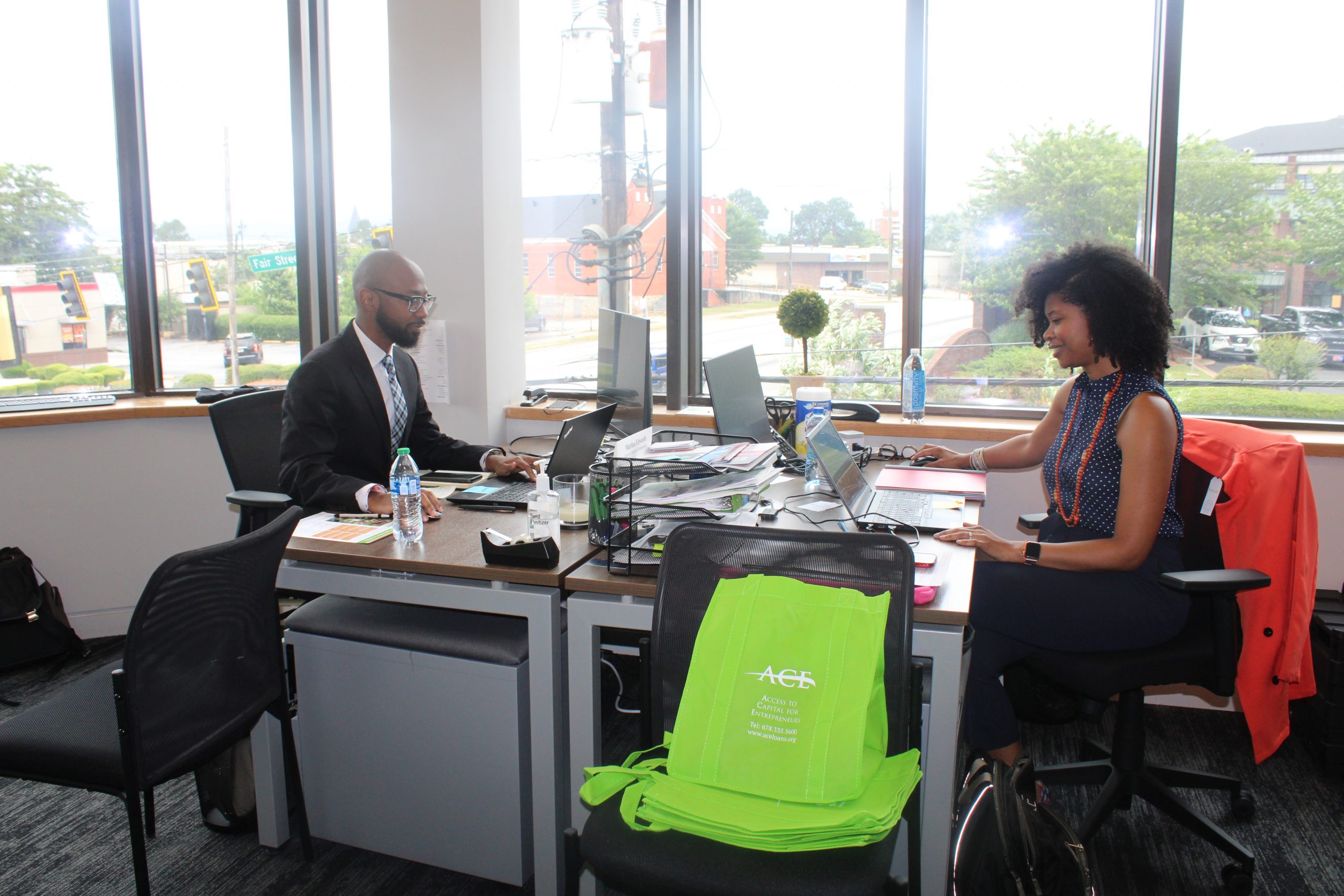 The Three C’s
The Three C’s
ACE is the largest small-business-oriented CDFI in Georgia that focuses on women, people of color, and low- to moderate-income business owners. An important part of the organization’s mission is to decrease wealth gaps. Importantly, ACE’s staff is a reflection of the ethnically diverse communities that the CDFI serves, and Martina and her colleagues live in rural, suburban, and urban communities throughout North Georgia. That representation is essential, especially as ACE works to build trust with small business owners who’ve traditionally been overlooked and undercapitalized by traditional lenders.
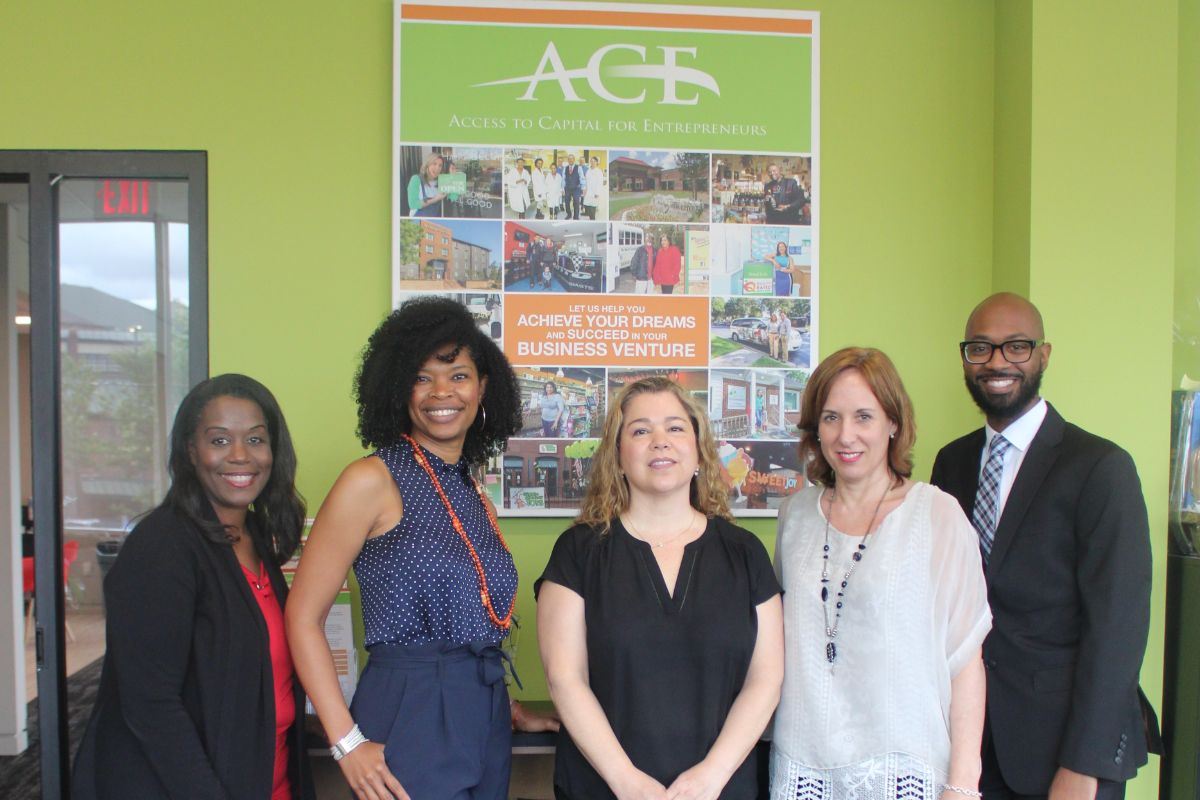
Like all CDFIs, ACE is mandated to deploy at least 60% of its capital to its target markets. While ACE has historically funneled at least 80% of its capital into those markets, in 2021, the CDFI managed to bring that percentage up to 94. Martina credits those percentages to intentionality on the part of her and her colleagues, but also to the geographic footprint in which ACE operates. ACE’s headquarters is in Cleveland, Georgia, a rural town of fewer than 4,000 residents, and while the CDFI supports metro hubs like Atlanta and Savannah, it also works in suburban counties such as Gwinnett, which is the most diverse county in the Southeast. In total, over the past 22 years, ACE has provided loans and business advisory services to support more than 2,000 small business owners across 68 counties in Georgia.
According to Martina, ACE’s target demographic of small business owners face a host of challenges, including a knowledge gap, a capital gap, a trust gap, and, more often than not, a social capital gap (i.e. the lack of a network) — all of which are rooted in decades of inequality. To address these challenges, ACE employs what it calls the three C’s: capital, coaching, and connections:
1. Capital. Lending is at ACE’s core, and the CDFI offers small business loans (up to $50,000) and commercial loans ($50,001 to $1 million). However, ACE also collaborates with other organizations to deploy capital in different ways. Such creative collaborations have focused on interest rate buy-downs, loan guarantees, and longer term limits. ACE also participated in a number of initiatives that emerged during the COVID-19 pandemic, including the Southern Opportunity and Resiliency (SOAR) Fund, a program that matches small business owners with CDFIs across 15 states and Washington D.C.
ACE was actually able to increase its lending during the pandemic. In fact, between 2020 and 2021, ACE deployed more capital than it had in the previous five years combined. ACE was able to do this, in part, through the Paycheck Protection Program (PPP). In 2020, ACE lent just over $25 million, $4.5 million being PPP loans. In 2021, those numbers grew to $37.3 million and $10.5 million, respectively. Of the $10.5 million PPP dollars deployed in 2021, 54% went to women and $68% went to Black borrowers. Overall, 90% of ACE’s PPP loan recipients had five or fewer employees, and many were sole proprietors. “There were businesses that were on the brink,” Martina said. “Through the PPP process, we were able to stand with them in the gaps. We were really blessed to have great long-term relationships with lending partners like CNote that were willing to lend us low-cost capital that we specifically needed for PPP loans.”
2. Coaching. ACE knows that the key to growing sustainable businesses is to pair capital with coaching. As Martina puts it, “you got the capital, but what do you do with the capital?” To help small business owners answer that question, ACE has a growing team of business advisors who work hand-in-hand with entrepreneurs. ACE currently has a six-to-one client-to-employee ratio, which helps to explain why the CDFI’s default rates are typically under 2%. In 2021, the CDFI dedicated more than 18,000 hours to business consulting. ACE’s “high-touch” approach, as Martina describes it, is especially centered around financial operations, business operations (e.g. cybersecurity best practices and human resources), and resiliency. “There’s relief, there’s recovery, and there’s reinvention,” she said. “We want our borrowers to be better operators, to be stronger, and to be sharper around those particular skill sets.”
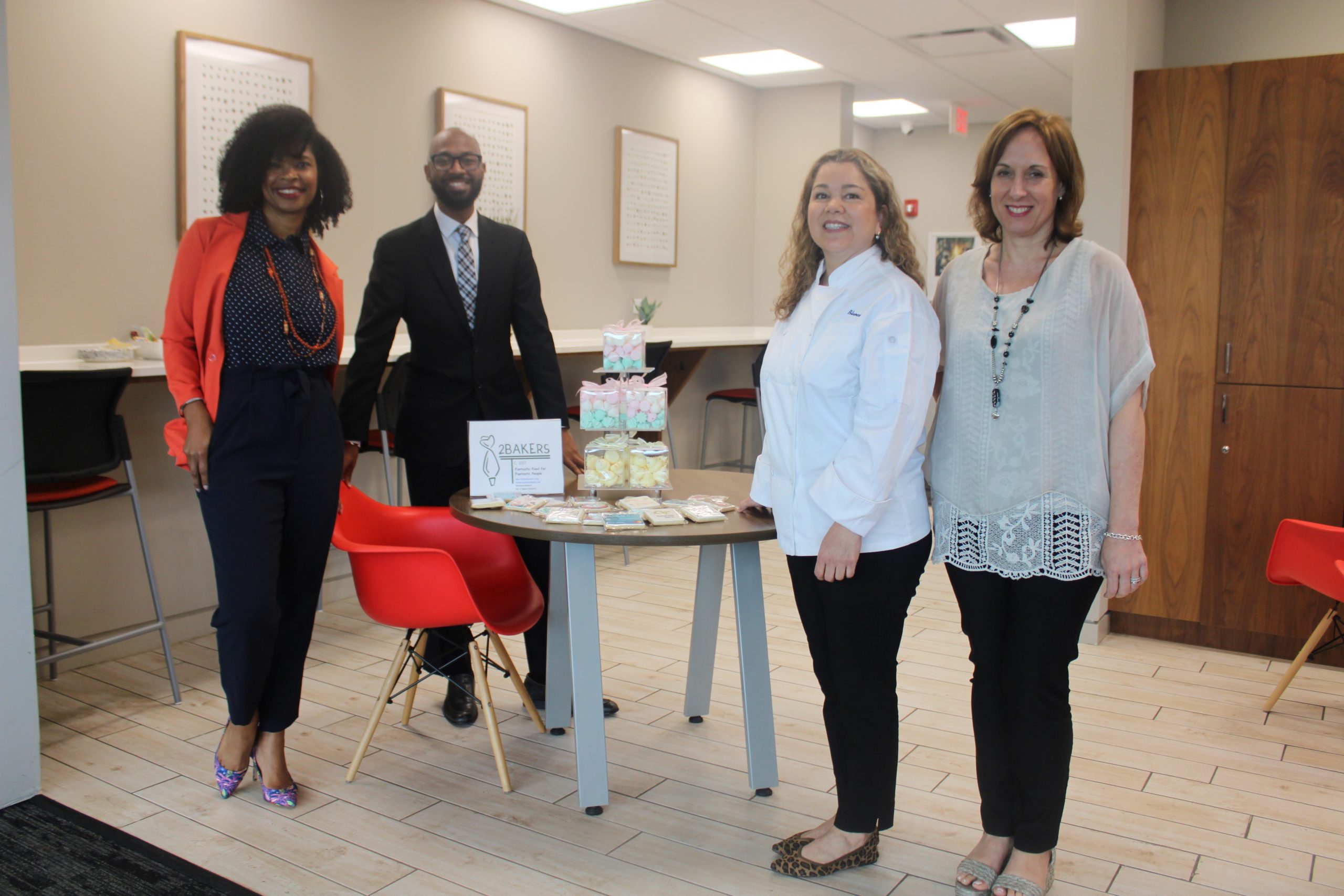 3. Connections. Because ACE knows that many of its clients don’t have a network of other small business owners to rely upon, it strives to forge connections, whether between entrepreneurs or to resources. The CDFI has two women business centers that are certified through the Small Business Administration. It’s important to note that each women’s business center is gender agnostic and open to everyone. Although business coaching is an integral part of these hubs, these spaces are an ideal place for ACE to host lunch and learns, webinars, and training workshops. For example, in the wake of the COVID-19 pandemic, ACE partnered with LinkedIn to train local entrepreneurs how to pivot their brick-and-mortar businesses to e-commerce marketplaces.
3. Connections. Because ACE knows that many of its clients don’t have a network of other small business owners to rely upon, it strives to forge connections, whether between entrepreneurs or to resources. The CDFI has two women business centers that are certified through the Small Business Administration. It’s important to note that each women’s business center is gender agnostic and open to everyone. Although business coaching is an integral part of these hubs, these spaces are an ideal place for ACE to host lunch and learns, webinars, and training workshops. For example, in the wake of the COVID-19 pandemic, ACE partnered with LinkedIn to train local entrepreneurs how to pivot their brick-and-mortar businesses to e-commerce marketplaces.
ACE also offers small business owners the opportunity to participate in four different cohorts depending on where an entrepreneur is with their business at a given point in time. “As a business owner, it can be a lonely world,” said Martina, “and sometimes you feel like you’re the only person going through something. At the end of the day, it’s helpful to give small business owners a network of people that they can depend on, rely on, learn from, and possibly cross pollinate and share ideas.”
Unlocking Opportunities
ACE recently engaged a strategic planning firm to help determine long-term strategy. In the coming years, Martina says that ACE sees a unique opportunity to deepen their work and expand operations across Georgia, and the CDFI believes it can deploy $100 million in capital to support women, BIPOC, and low- to -moderate income business owners in the next three to five years. Should the CDFI achieve its goal, it will be a noteworthy accomplishment: in its entire 22-year existence, ACE has deployed $140 million in capital. Martina notes that investments in improving the capacity of our people, technological infrastructure, and capital resources will be critical given the overwhelming volume of demand and the speed at which clients need capital. To set itself up for success, she says that ACE will establish new partnerships and deepen current ones. For example, ACE is a CNote partner which has given the CDFI access to a targeted pool of funds to further its lending. “Our mission is growing sustainable businesses, but the vision is also closing wealth and opportunity gaps,” said Martina.
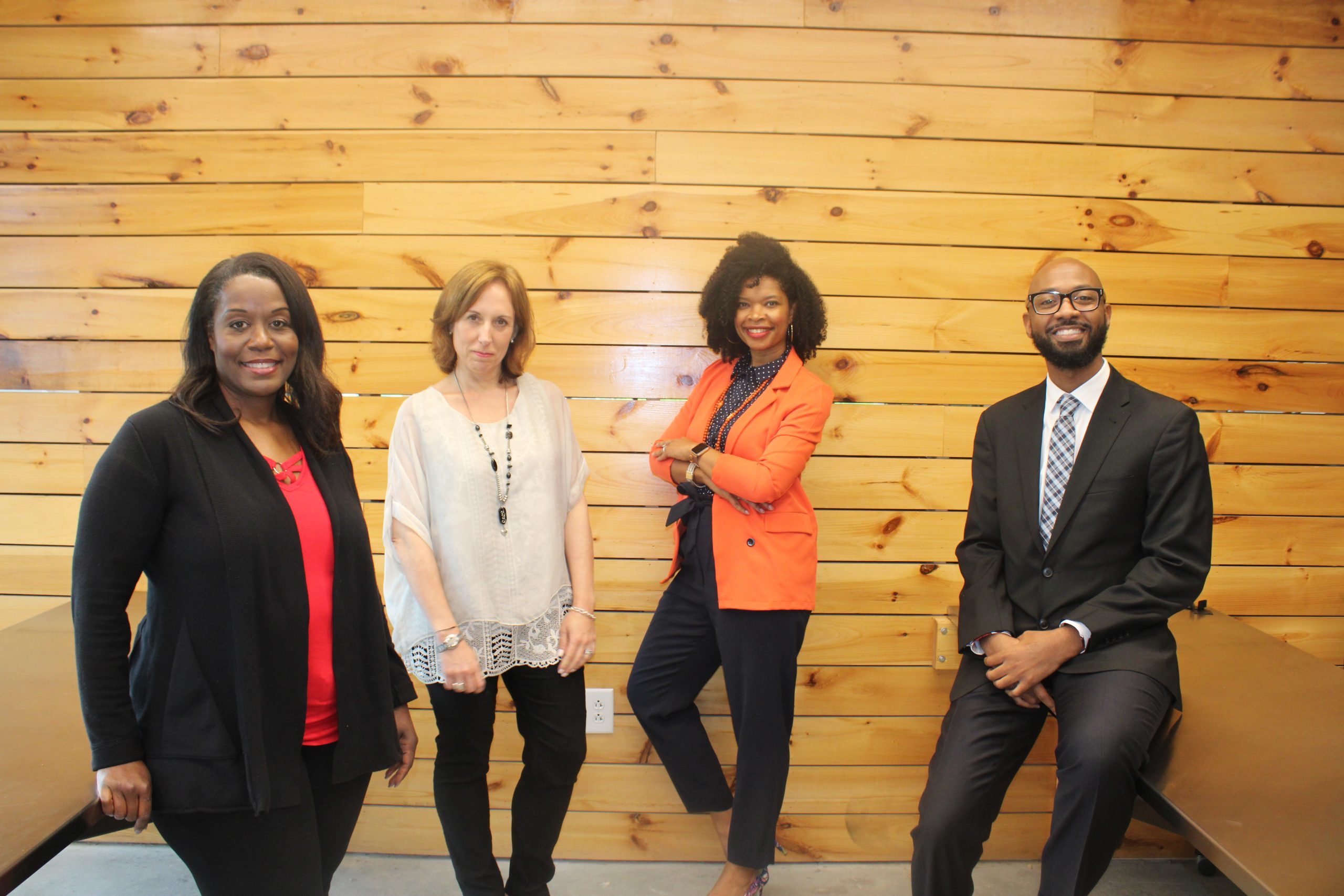 Additionally, just like ACE offers its clients an opportunity to network, Martina says that CNote has helped ACE connect with peer CDFIs across the country who’ve shared best practices, strategies, and ideas that have helped to make ACE more efficient. Similarly, ACE has gained visibility from CNote’s platform, which attracts impact investors, donors, and individuals from localities well beyond Georgia’s borders who want to support women business owners. “I feel like we’re the best kept secret, but we don’t want to be the best kept secret,” Martina said. “That’s why CNote is such an instrumental partner for us beyond capital, because CNote can talk about us in rooms that we don’t necessarily get access to.”
Additionally, just like ACE offers its clients an opportunity to network, Martina says that CNote has helped ACE connect with peer CDFIs across the country who’ve shared best practices, strategies, and ideas that have helped to make ACE more efficient. Similarly, ACE has gained visibility from CNote’s platform, which attracts impact investors, donors, and individuals from localities well beyond Georgia’s borders who want to support women business owners. “I feel like we’re the best kept secret, but we don’t want to be the best kept secret,” Martina said. “That’s why CNote is such an instrumental partner for us beyond capital, because CNote can talk about us in rooms that we don’t necessarily get access to.”
Learn More
- Access to Capital for Entrepreneurs (ACE) is a Georgia 501(c)(3) nonprofit and community development financial institution (CDFI) that provides capital, coaching, and connections to help borrowers create and grow sustainable businesses that generate jobs.
- CNote is a women-led investment platform that empowers individuals and institutions to invest locally to further economic equality, racial justice, gender equity, and address climate change.
